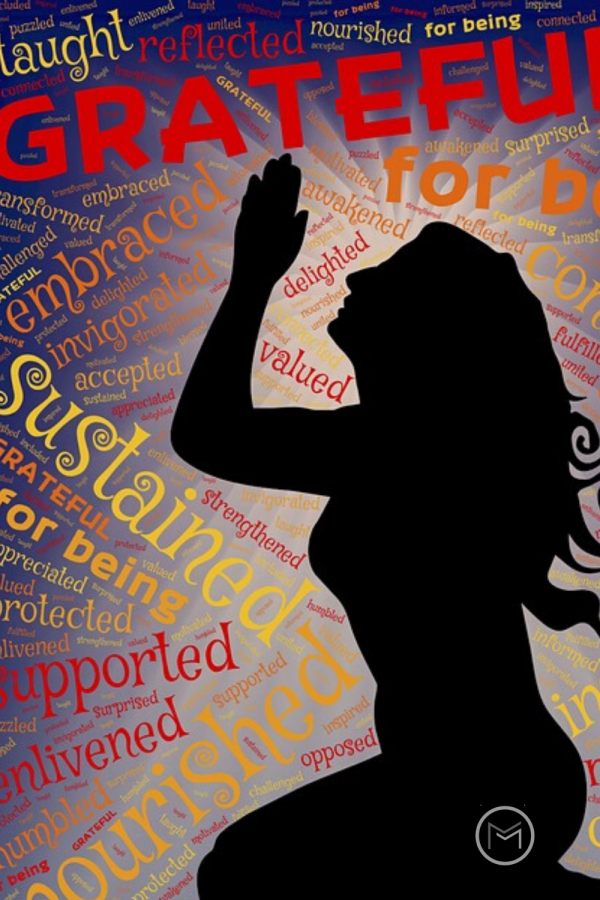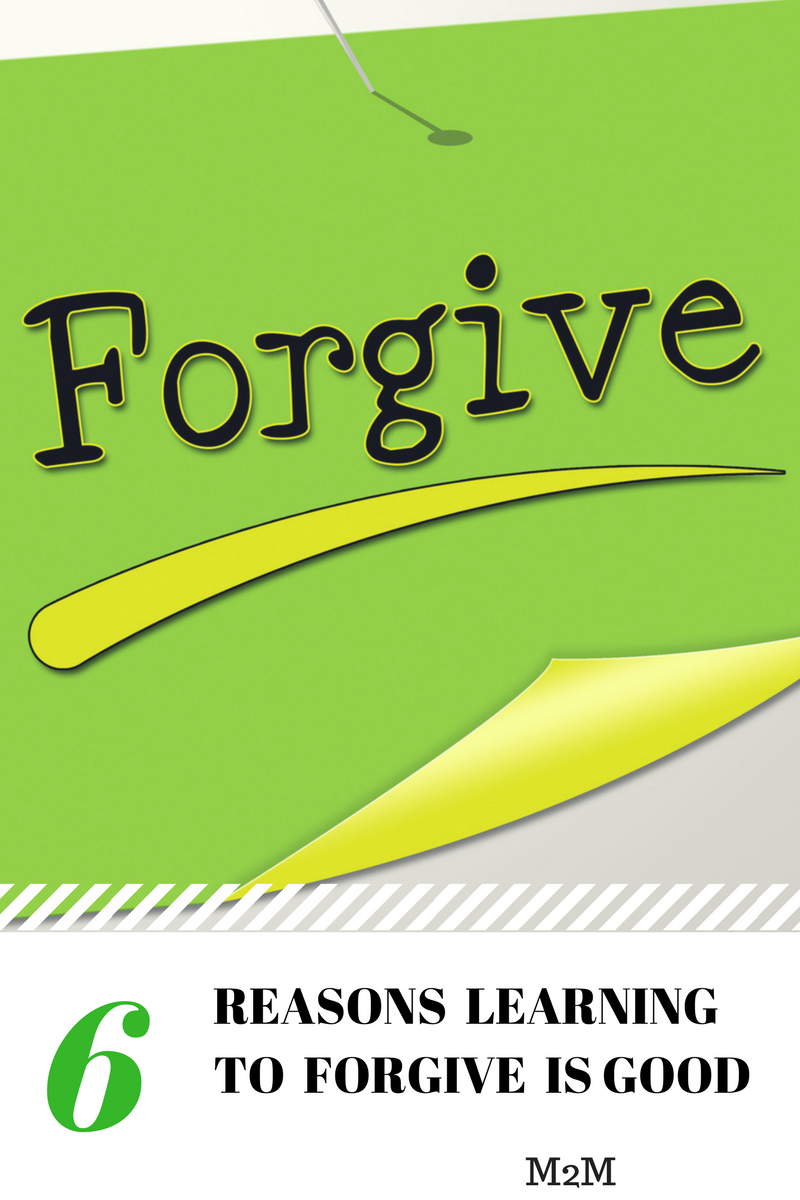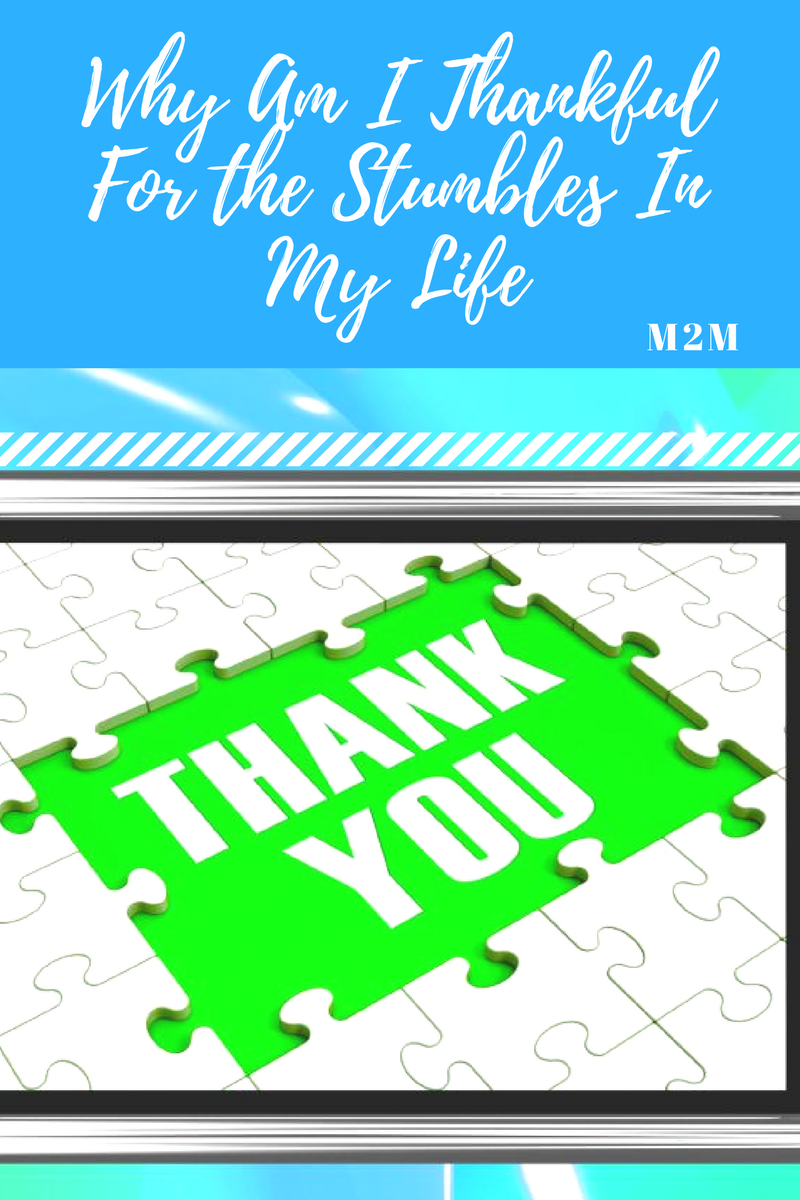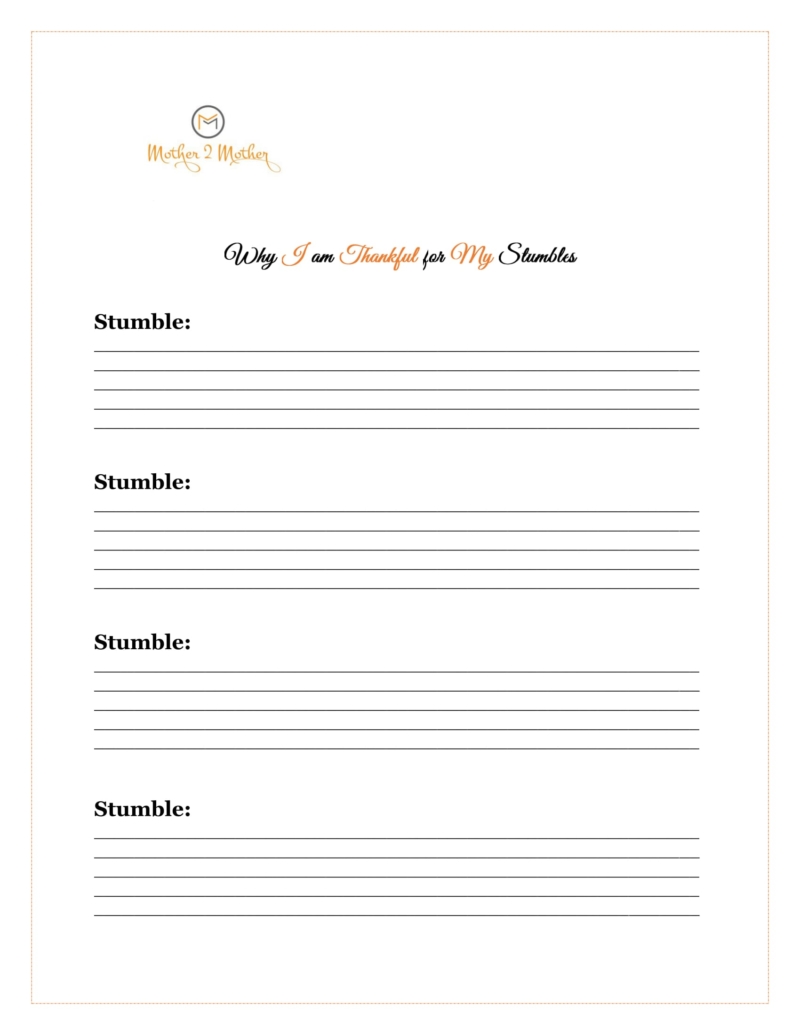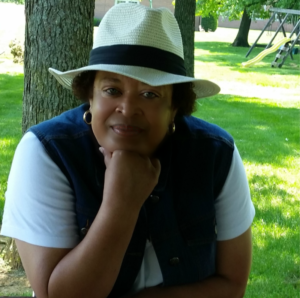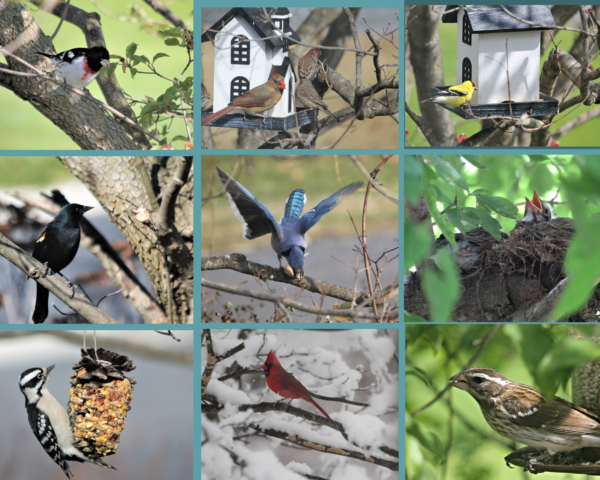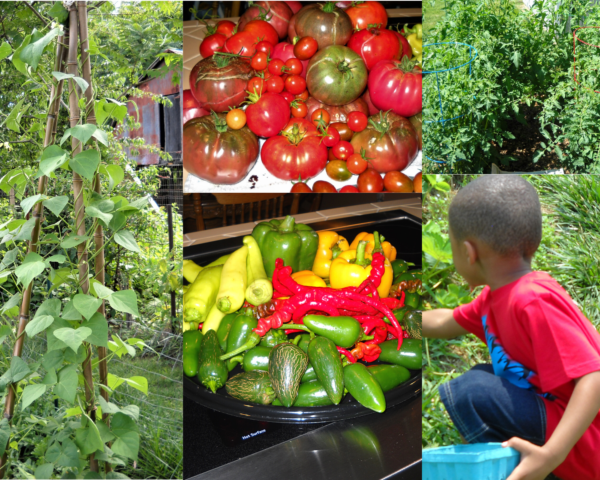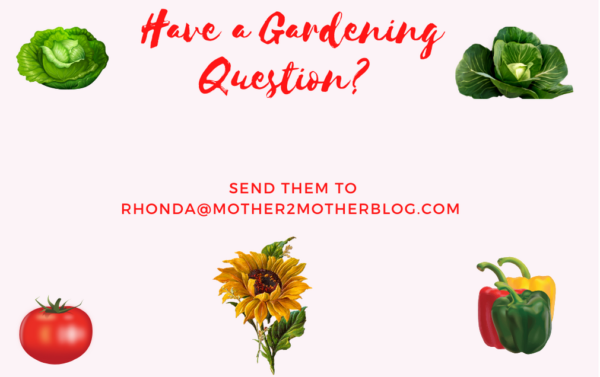Today, I’m sharing tips on how to deal with grief. Grief is a feeling of loss, which might come about due to a number of events. We most often associate it with death, but it’s not the only thing that can cause you to feel grief. Grief can be one of the most difficult emotions to deal with. It’s not just a fleeting feeling, but is something that can last a long time. Unfortunately, it often never completely goes away. Accepting the loss of something or someone that once played a significant part in your life is not an easy thing to do. However, there are ways for you to deal with your grief and get back to a happier place in your life.

Tips on How to Deal With Grief:
Understanding Grief
One important thing to consider is that grief isn’t only something that you experience after a death. It’s also something that you might feel when you end a relationship, lose a friend, or even sell your home. You might feel grief if your pet dies or gets lost. And, you can feel grief when someone dies. Even if your feelings for them are more complicated than loving them. Grief is something that you can feel in different ways and for different reasons. Additionally, the intensity varies too.
Understand the Emotions That Come with Grief
Grief can bring with it a variety of emotions. You might wonder whether some of the things that you are feeling are “normal”. Or, if you’re the only one who feels the way that you do. You could feel many emotions when you’re experiencing grief. This includes everything from sadness to anger or even guilt. Some people also feel numb. And, might be unsure when or if they are going to start feeling something else. One of the most important things that you can do is to accept your feelings, no matter how far-ranging they might be.
Talk About Your Grief
When you are grieving, keeping it to yourself isn’t usually the best idea. You might feel reluctant to share your thoughts and feelings with others. Perhaps you feel that you will burden them with your grief. However, talking about your grief with other people is good for you. And, it can be good for them too if they’re experiencing the same thing. You might discuss your grief with friends or relatives, or you might consider doing it with people who aren’t so close to you. You could discuss your grief with a support group, or find support online. A therapist is also an option if you want to talk about what you’re experiencing.

Remember Happy Times
Processing your grief can often make you feel weighed down by your emotions. However, even though you might be sad now, it’s also a good idea to try and remember the happy times. Whether it’s the positive times that you had in a relationship or the memories you have of a loved one who has passed. Remembering can help you to deal with your grief. Some people like to carry or wear something that reminds them of happy times. You might find grief help with memorial jewelry from Memorials.com. Wearing a photo or keepsake gives you a special reminder of the good things that you want to remember. You might have lost something or someone, but it’s important to remember that you had that love in the first place.
Take Care of Yourself
Caring for yourself can become difficult when you’re grieving. Grief can feel all-consuming, and even basic self-care might be hard or even seem pointless. However, by caring for yourself physically, you can help yourself to feel better emotionally. It’s also often important to care for yourself so that you can care for your family and those around you. Keep in mind that you should recognize when grief might become depression. While grief is often expected, depression is not something that you can necessarily work through on your own. You might need additional help and support to deal with depression.
Keep Busy
Staying busy often helps when you are grieving. It gives you something in your life to focus on outside of your grief. Keeping busy could mean a lot of things, from continuing to go to work, taking part in hobbies and activities. Even though it is difficult to process your grief, it’s also important to recognize that life goes on. By continuing with your life, you can start to get back to normal or create a new normal. There are many ways you might occupy your time and spend time with others to ensure you’re not isolating yourself.
Allow Others to Deal with Their Own Grief
When you’re grieving, other people that you know might be grieving too. One of the most important things to remember is that everyone grieves in their own way. You might notice that someone else is processing their grief in a different way to you. But, that doesn’t mean that they are grieving “incorrectly”. It’s important not to dictate to anyone else how they should grieve. And, also not to expect yourself to grieve exactly like someone else. Of course, everyone should also be careful that they are not using their grief to hurt other people.
Learn to Live with Your Grief
Sometimes grief might be something that you can process, and it might even end. However, there are times when grief is something that will always be with you. When someone you love dies, you may never really stop grieving them. However, you can learn to live with your grief. And, it won’t be something that you feel intensely all the time. Grief changes as time goes on, and eventually, you might only feel it most on certain occasions or when you take the time to stop and think about it. You might need to find a new normal in your life.
Everyone will face grief in their life, but using our tips on how to deal with grief may make it easier. It might not be easy to deal with, but there are ways to process it.

